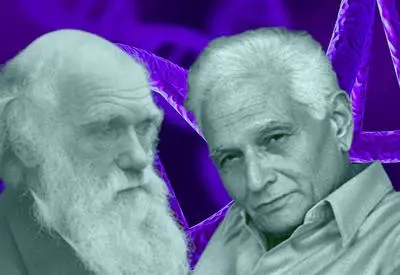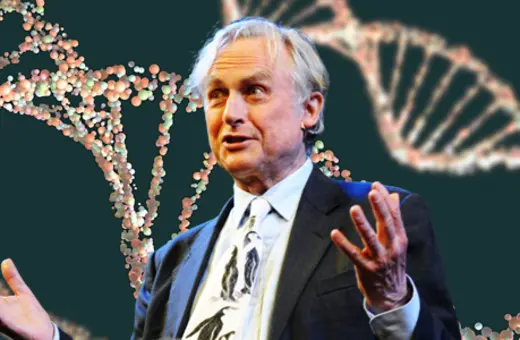We like to believe that reason is our pathway to truth. Yet from Popper’s demand for falsifiability to Darwin’s doubt about the mind’s origins, a more unsettling picture is emerging. Our brains were shaped not to perceive reality, but to survive within it. Evolution has optimized us for social cohesion rather than accuracy, leaving false beliefs not as evolutionary errors but as features of our survival. In an age that prizes truth, philosopher of science Samuel McKee argues that our greatest obstacle may be the very mind that seeks it.
Karl Popper’s famous demarcation criteria helped shape how we assess true and false beliefs. In deciding whether to give the prestigious status of “science” to ideas such as communism, astrology, and psychoanalysis, Popper asked if they were falsifiable: could they be proven wrong? If not, they weren’t scientific.
Epistemological claims, their truth value, and how we assess the veracity of someone’s ideas would never be the same. Though specifically targeting science, Popper’s revolutionary approach can be applied effectively to everything from science to religion and everything in between. When someone states emphatically that theirs is the truth of the matter, we should respect the opportunity to probe a little deeper. The problem is, even when confronted with falsification, we are reluctant to let go. Though at any one time we can acknowledge that at least 20% of what we currently hold to be factual will sooner or later be let go by us, we still cling to it. Why we cling to false ideas may be the fault of evolution, for better and worse. In our post-Popperian age, we like to think of ourselves as optimized for reason, but, as social animals, we can often benefit from sharing false beliefs too.
___
Our brains did not evolve to find the truth of the world; they evolved to help us survive.
___
Charles Darwin was well aware of the implications of evolution for human perception, stating that it would be hard to trust the judgments of a brain that evolved from lower animals in his 1881 letter to William Graham. Even deeper than this problem is the challenge of the driving force behind natural selection: survival. Our brains did not evolve to find the truth of the world; they evolved to help us survive.
The argument which became known as the “evolutionary argument against naturalism,” was first proposed by Lord Balfour, a philosopher, scientist and statesman who went on to become Prime Minister between 1902-1905. He wrote in 1914 that our brains evolved for “convenience, not knowledge” by the direction of natural causes. Many thinkers developed the idea that to embrace evolutionary theory alongside reason and naturalistic assumptions was self-defeating, for our brains did not evolve for the purposes of truth or reason. C.S. Lewis discusses it in his book Miracles, and philosophers such as Richard Clyde Taylor and Stephen Clark took it further.
 SUGGESTED READING
From Darwin to Derrida: evolution as interpretation
By David Haig
SUGGESTED READING
From Darwin to Derrida: evolution as interpretation
By David Haig





















Join the conversation